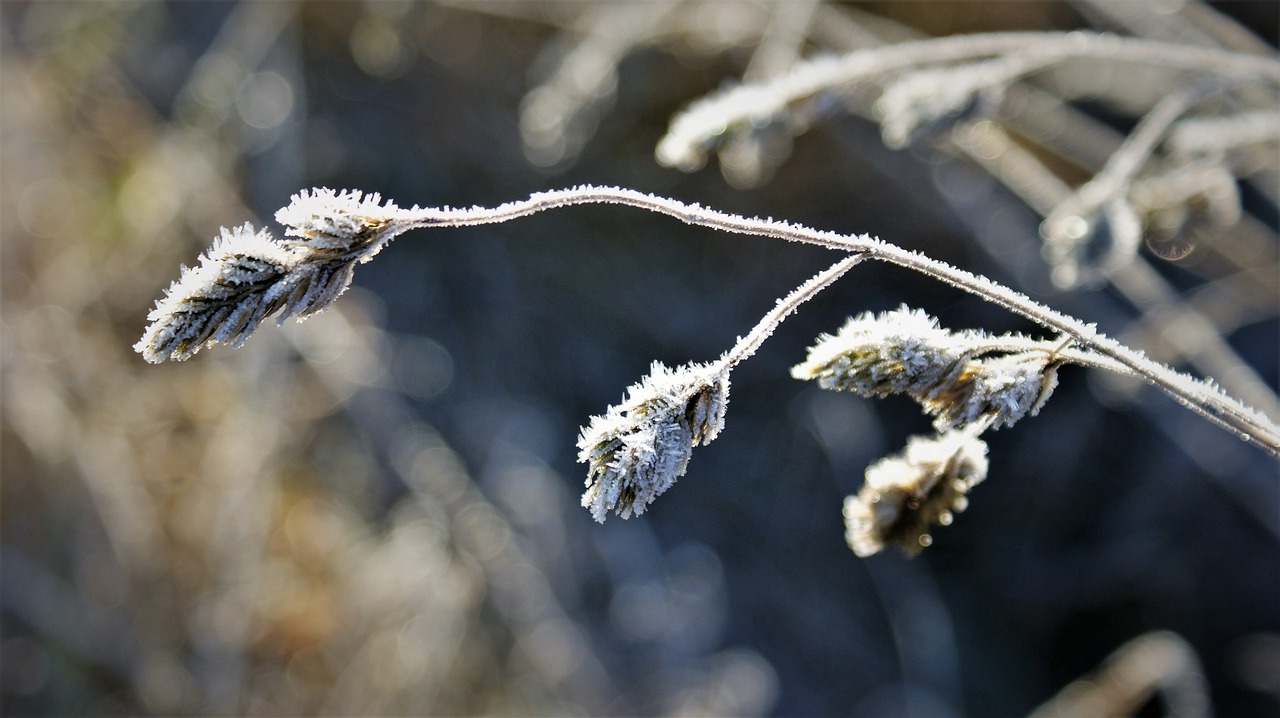Hey there! Have you ever wondered if it’s possible to get frostbite on your tongue from eating ice? Well, let’s explore this interesting topic together in this article. We’ll uncover the truth about the dangers of indulging in frozen treats and the potential risks it may pose to your tongue. So sit back, relax, and let’s dive into the world of ice and frostbite. Can You Get Frostbite On Your Tongue From Eating Ice
Have you ever wondered if you can get frostbite on your tongue from eating ice? It’s a common question, especially during the hot summer months when many people enjoy chewing on ice cubes or sipping ice-cold drinks. In this article, we will explore the science behind frostbite, how it affects the tongue, and what steps you can take to prevent it from happening to you.

What is Frostbite?
Frostbite is a condition that occurs when skin and other tissues freeze due to exposure to extremely cold temperatures. It is most common in areas of the body that are further from the core, such as the fingers, toes, nose, and ears. When it comes to the tongue, frostbite is not as common, but it can still occur under the right circumstances.
Frostbite is classified into four different stages, ranging from mild to severe. In the early stages, you may experience redness, tingling, or numbness in the affected area. As the condition progresses, the skin may become white or pale, and blisters or ulcers may form. In severe cases, frostbite can lead to permanent tissue damage or even amputation.
What Causes Frostbite?
Frostbite occurs when the body’s tissues freeze due to prolonged exposure to cold temperatures. When the skin is exposed to extreme cold, blood vessels constrict, reducing blood flow to the affected area. This decrease in blood flow can lead to tissue damage and, in severe cases, tissue death.
When it comes to the tongue, frostbite can occur when you consume ice or other extremely cold foods or drinks. While the tongue is not as prone to frostbite as other areas of the body, prolonged exposure to ice or cold temperatures can still cause damage to the tissues.
Is Frostbite on the Tongue Common?
While frostbite on the tongue is not as common as frostbite on other parts of the body, it can still occur under certain circumstances. For most people, eating ice or consuming cold foods and drinks in moderation is unlikely to cause frostbite on the tongue. However, individuals who have a sensitivity to cold or who consume large quantities of ice may be at a higher risk.
Symptoms of Frostbite on the Tongue
If you are concerned about the possibility of frostbite on your tongue, it is important to know the symptoms to watch out for. While symptoms may vary depending on the severity of the frostbite, common signs of frostbite on the tongue include:
- Numbness or tingling in the tongue
- Swelling or inflammation of the tongue
- Discoloration of the tongue (white, pale, or blue)
- Pain or discomfort when eating or speaking
- Blisters or ulcers on the tongue
If you experience any of these symptoms after consuming ice or cold foods, it is important to seek medical attention immediately.
How to Treat Frostbite on the Tongue
If you suspect that you have frostbite on your tongue, it is important to take immediate action to prevent further damage. Here are some steps you can take to treat frostbite on the tongue:
- Remove the source of cold: If you have been chewing on ice or consuming extremely cold foods or drinks, stop immediately to prevent further tissue damage.
- Warm the affected area: Gently warm the tongue by drinking warm liquids or breathing warm air over the surface. Avoid using hot liquids or heating pads, as this can further damage the tissues.
- Seek medical attention: If the symptoms do not improve or if you experience severe pain or blistering, seek medical attention as soon as possible.
Preventing Frostbite on the Tongue
Prevention is key when it comes to avoiding frostbite on the tongue. Here are some tips to help you prevent this condition from occurring:
- Limit your intake of ice: While chewing on ice or consuming cold foods and drinks can be refreshing, try to limit your intake to prevent overexposure.
- Pay attention to your body: If you start to experience numbness, tingling, or pain in your tongue after eating ice, stop immediately to prevent further damage.
- Stay hydrated: Drinking plenty of fluids can help regulate your body temperature and prevent frostbite from occurring.
- Dress appropriately: When venturing out into extremely cold temperatures, be sure to dress warmly and cover exposed skin to prevent frostbite.

Conclusion
While frostbite on the tongue is not as common as frostbite on other parts of the body, it can still occur under certain circumstances. By being aware of the symptoms and taking preventative measures, you can reduce your risk of experiencing frostbite on the tongue. If you suspect that you have frostbite on your tongue, seek medical attention immediately to prevent further damage. Remember, prevention is key when it comes to enjoying cold treats without the risk of frostbite. Stay safe and enjoy your icy treats in moderation!

